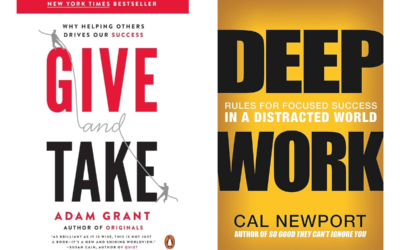Let’s just say I’ve spent more than a few years working on projects. And let’s just say that working at agencies and in tech is not without its issues. So while my perfectionist tendencies always want to underpromise and over deliver my reality wasn’t always so.
While my project management and people skills continued to evolve my projects weren’t always as successful as I wanted them to be. In tech, it turns out that much of my job was making sure that more things didn’t go more wrong.
And while to some extent my role made me responsible for the outcome I was pretty good at understanding why other people had issues. But I could be much less forgiving of my own. Don’t get me wrong whether things went over budget/time, we couldn’t do what was asked, or technical things just didn’t work, we as a team still accomplished amazing undoable things in undoable time.
I still to this day think back on a few things that weren’t great and ponder what I could have done better. And while I’ve worked on acceptance and all that, there are a few things that stand out. In addition to always saving some days and dollars just in case, I’ve come to focus on three lessons:
- As a team ask and articulate ‘what could go wrong‘ followed by ‘what else.’ If your spidey sense starts to tingle during a project raise the concerns or the questions. Often times it wasn’t the things I was worried about that were the problem mostly because I overprepared for the known. Asking the team to help troubleshoot uncovers unknowns, gives an open space for things people aren’t articulating, and gets everyone into ownership of issues and solutions.
- There is no such thing as overcommunication. Not only repeat what you’ve said but repeat it in different ways, don’t be afraid to go to someone in person or on the phone/zoom if you feel like emails are falling on deaf ears, explaining the why on that, and loop in everyone who should know including your boss (both for CYA and for solution support) and more than one direct contact on the project.
- Don’t be a martyr. Even though you’re killing yourself to get things done if things go wrong you’re going to hear it, so your time is better spent on items 1 and 2 above than working yourself too much. Plan early that things will come up so you can staff or scope to manage for that. If you’re stretched too thin you’re not at your best and although you may accomplish more than is possible without that’s not the best path to success, both for your own health and for your perception.
And if we can start to frame things that go wrong away from blame we can shift the energy to better raise and come up with solutions.
One of the things that all projects had in common is dealing with multiple people. I offer an ELI assessment that gives you insight into your own perspective and can create greater possibilities in your relationships. Reach out if you’re interested in hearing more.













0 Comments